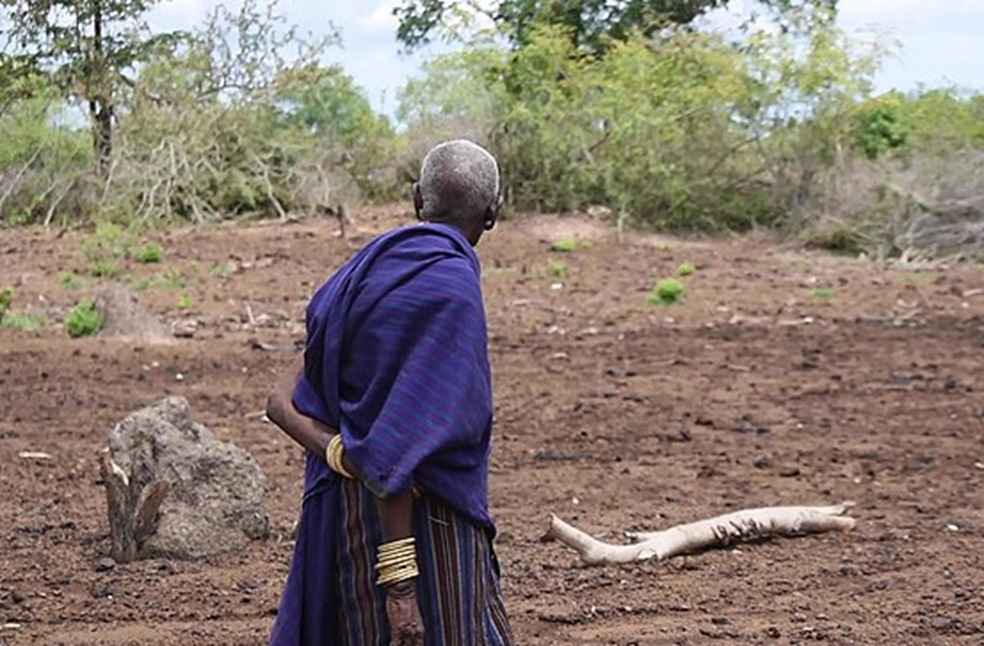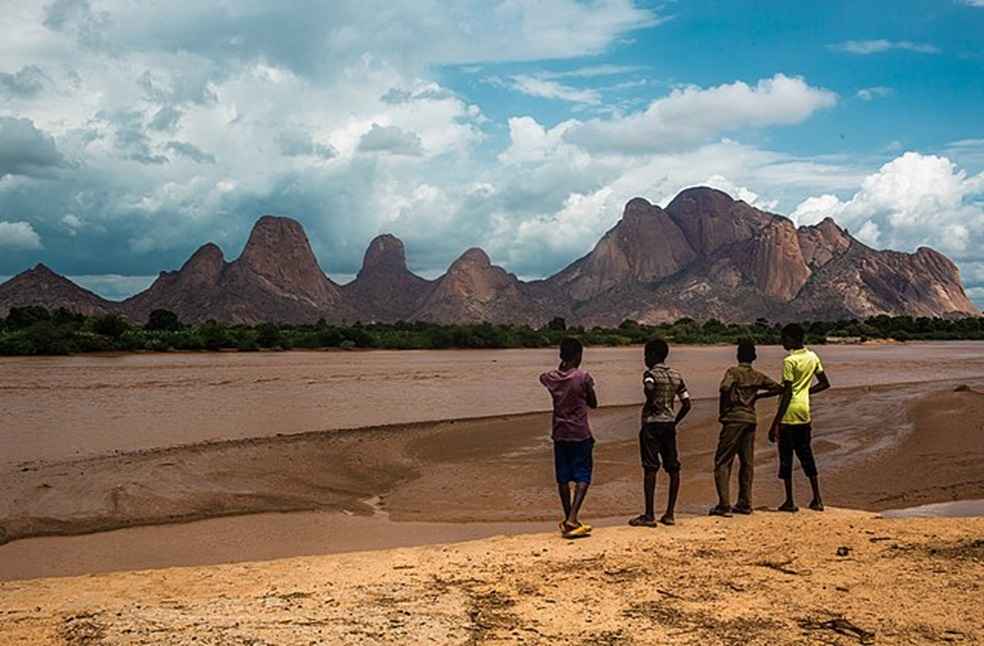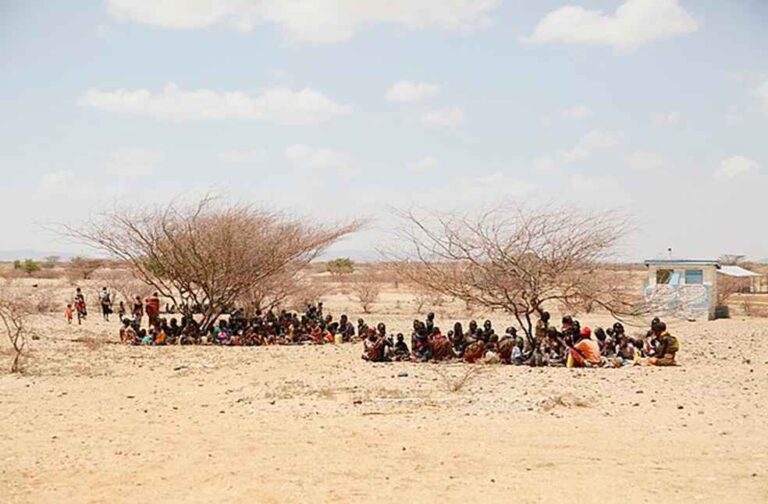Africa: Scientists have reported that the deadly heatwaves in West Africa and the Sahel were ‘impossible’ without human-caused climate change. It induced temperatures to grow above 48 Celsius in Mali last month.
Burning fossil fuels is believed to make temperatures up to 1.4 Celsius more hot than normal. This extreme heat is correlated with hundreds of deaths in hospitals. However, a separate study recently revealed that El Niño is responsible for drought in Southern Africa, rather than weather transformation.
Several countries in the Sahel province and West Africa experienced a severe heatwave that commenced in late March and continued until early April. The southern territories of Mali and Burkina Faso were the most impacted zones. Gabriel Toure Hospital in Bamako, Mali’s capital, reported that 102 fatalities occurred during the first few days of April.

It is noted that about half of the people who died due to a recent heatwave were aged over 60 years. The hospital confirmed that warmth played a significant role in numerous of these fatalities. Researchers concluded that global weather change was a major contributing factor to this five-day heatwave.
The recent analysis conducted by scientists associated with the World Weather Attribution group indicates that the increased daytime and night-time temperatures during the heatwave would not be possible without the world’s prolonged use of coal, oil, and gas, as well as additional movements such as deforestation.
According to the analysis, climate change generated an increase in temperatures in Mali and Burkina Faso by up to 1.5 Celsius, with night-time temperatures rising by 2 Celsius above the average. The study also revealed that the temperature across the region increased by 1.4 Celsius over five days.

Kiswendsida Guigma, a climate scientist at the Red Cross Red Crescent Climate Centre in Burkina Faso, stated that while some may not consider a 1.4 Celsius or 1.5 Celsius expansion due to climate change to be powerful, it can lead to heatwaves with severe impacts.
Scientists warn that with global temperatures rising, extreme weather events like heatwaves will occur more frequently. In addition, Southern African countries were hit by severe drought, causing crop failures and water shortages, leading to hunger and disease outbreaks.



